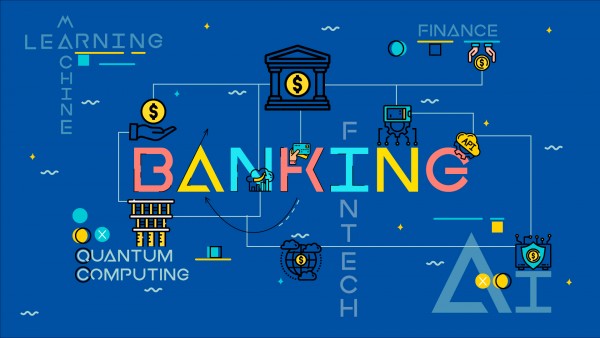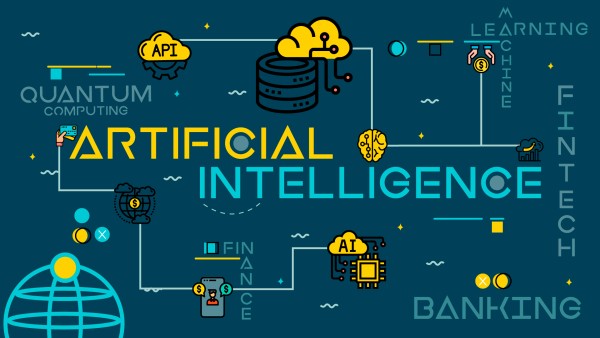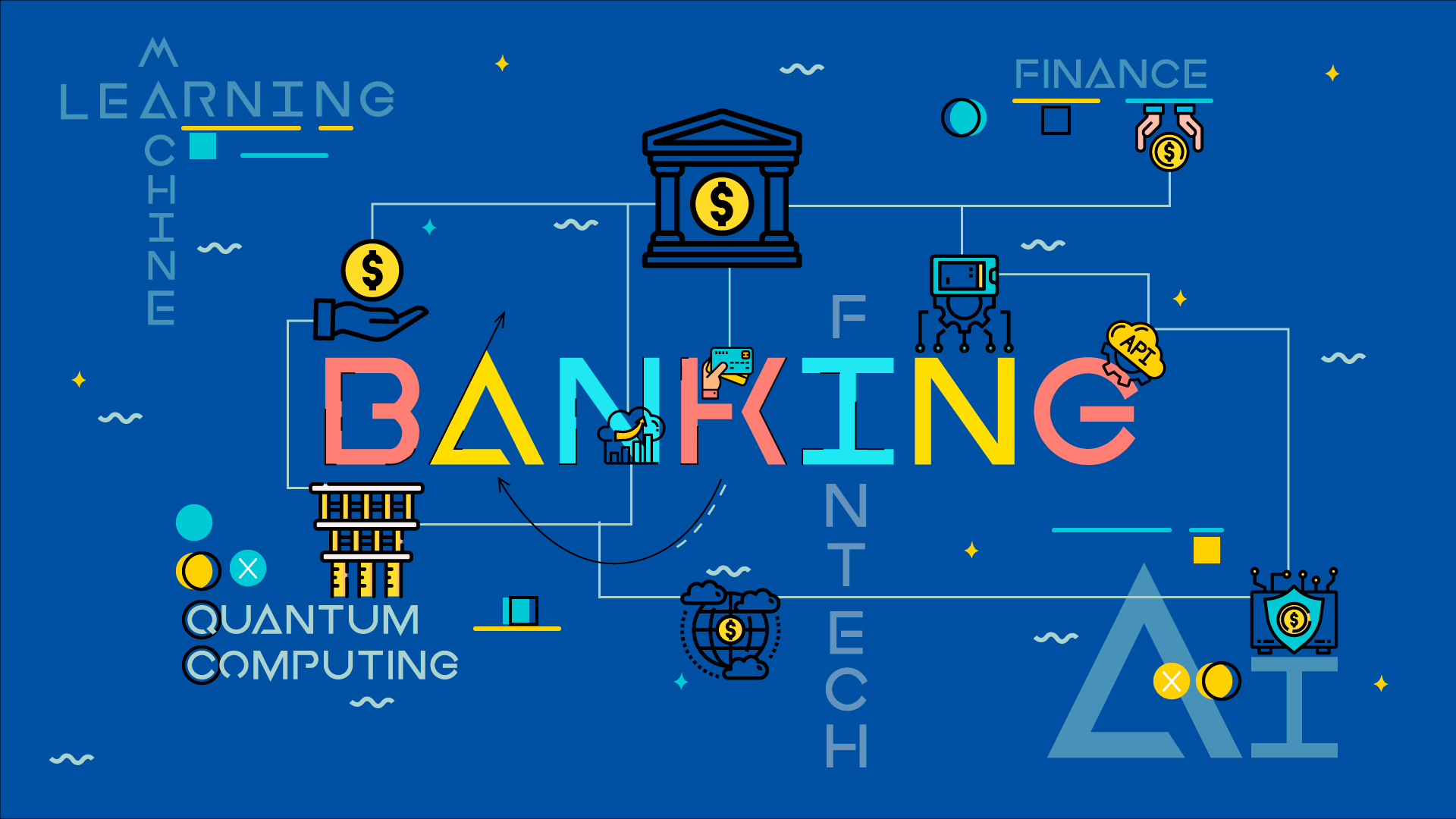It seems that financial services were the first industry to embrace and understand the critical importance of the Big Data evolution and the wave of new technologies associated with it: most importantly, artificial intelligence (AI).
Working with large (structured) data is not an unfamiliar task in the financial world. Many analysts have been used to working with large volumes of structured, spreadsheet type data fitting neatly into rows and columns.
According to Deltec Bank, Bahamas, “It is now the shift towards Big Data using AI that meant analysts who were used to working with structured data must now work with the messy world of unstructured data that we generate daily in our increasingly digital, online, connected 24/7 world.”

Over time, the financial sector has managed to tame most of this data and organize it in a way that has allowed for the creation of new operational implementations with respect to developing new products, fraud detection, and improving customer services.
With Big Technology Change Comes Big Headaches and Big Solutions
In a massive wave of technological change over the past decades since the arrival of the internet, the financial sector has had to embrace both the good and not so good changes that have swept over the industry.
For instance, while technology-driven disruption in online banking brought about improvements in customer service and accessibility, cybercrime (hacking) has become a commonplace problem. To combat this issue resulted in substantial investments in resources to counteract the attacks, often handing that cost down to consumers.
On a positive note, those very problems created by cybercriminals also led to major technology solutions. While the data trails we leave online left opportunities for hackers and fraudsters to break into and access our accounts, it also allowed the same data trails to be used to combat the same threats to our accounts.
Algorithms used in Machine Learning (ML) would scan mountains of data used in all transactions (logging in and out of accounts, money movements, queries, etc.) far faster than any human analysts could be capable of doing. By tracking these patterns and online activities, ML algorithms would look for “outliers” (unusual data points) and identify for example, off login times, logins from odd locations or multiple locations at once, etc.
ML would be able to understand and even predict fraudulent behavior at this point. Machine Language algorithms would continue to ‘learn’ and teach itself predictive analysis using thousands, if not hundreds of thousands of learning opportunities per second, quickly and accurately.
Neural Networks as the Foundation of Change
To understand how the changes above to predictive analysis came to be, it would be good to understand artificial neural networks (ANN).
A neural network is a set of algorithms that are used to give structure to data input from many sources. Think of it like a human brain. As a human, we interpret events and activities all around us and “make sense” out of all the various sources of those interactions in our day.
ANN has been around since the 1950s but only in the past few years, using AI’s sub-branch of Machine Learning have algorithms been able to simulate human-like neural activity or decision making. “As ANN continues to evolve, disruptions in the financial sector will remain inevitable”, says Deltec Bank, Bahamas
Financial disruptors or Fintech Startups have provided a wave of change over the past few years with their challenge of traditional banking processes, hours, availability and customer experience, to name a few.
These disruptors are not limited to small companies. They include banks that would operate through websites and mobile apps, avoiding brick and mortar buildings in favor of low to no overhead costs and pass these savings onto consumers. By adopting business models that are more data-driven, things like decisions on loan and investment offers would be completed much faster given the reliance on algorithmic technology to make the final call.

Last words
The financial technology landscape is under rapid change, perhaps even more than retail and marketing. Traditional market leaders must continue to invest in new technologies, startup acquisitions or initiatives to understand consumer behavior and be the driver of operational change.
Disclaimer: The author of this text, Robin Trehan, has an undergraduate degree in Economics, Masters in international business and finance and an MBA in electronic business. Trehan is Senior VP at Deltec International www.deltecbank.com. The views, thoughts, and opinions expressed in this text are solely the views of the author, and not necessarily reflecting the views of Deltec International Group, its subsidiaries and/or employees.
About Deltec Bank
Headquartered in The Bahamas, Deltec is an independent financial services group that delivers bespoke solutions to meet clients’ unique needs. The Deltec group of companies includes Deltec Bank & Trust Limited, Deltec Fund Services Limited, and Deltec Investment Advisers Limited, Deltec Securities Ltd. and Long Cay Captive Management.
Media Contact
Company Name: Deltec International Group
Contact Person: Media Manager
Email: Send Email
Phone: 242 302 4100
Country: Bahamas
Website: https://www.deltecbank.com/

